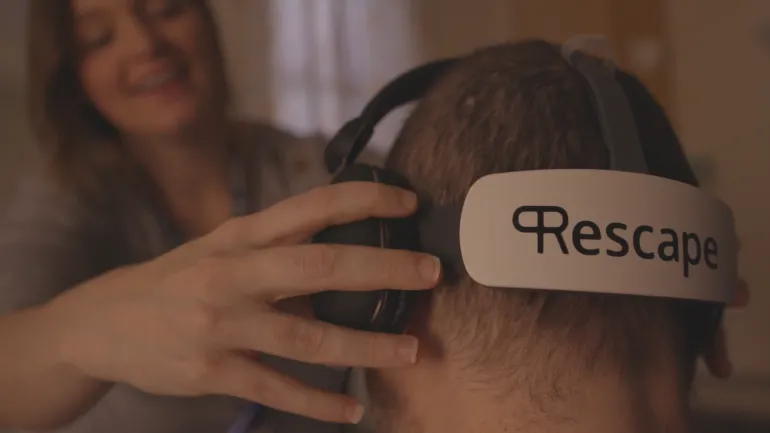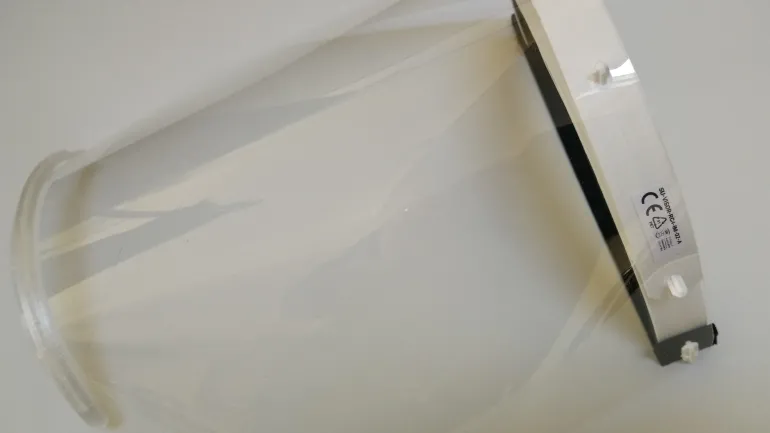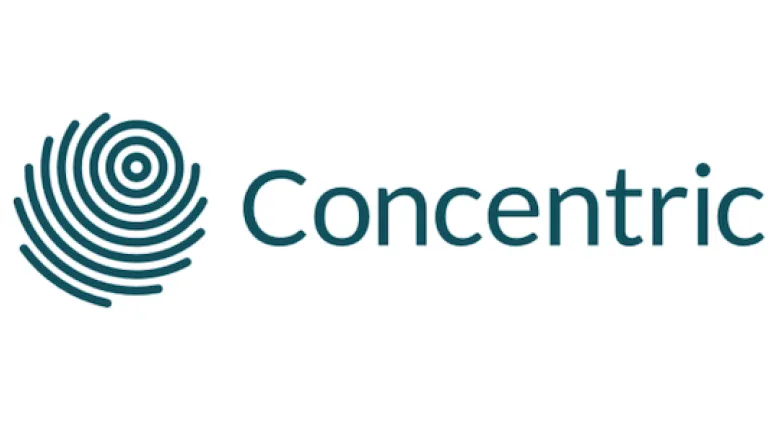Discover how the Accelerate programme supported some of the innovate finalists for the 8th Welsh Health Hack.
Project: Memory reminder sensor for walking aids
Meet the team:
Rakesh Kumar (Clinical Specialist Physiotherapist, BCUHB)
Arif Anwary, Health Technology Centre (HTC), Swansea University
Wyn Griffith (Product Designer, Wyngriffith)
Simon Jones (Innovation Technologist, Digital Communities Wales, North Wales)
Project details
Elderly people, especially those with dementia, usually forget to take their recommended walking aids. This can lead to an increased risk of falls.
There are devices available on the market that ring an alarm when an individual leaves a bed or chair. However, these do not remind them to take their walking aid.
The team spent time analysing the options and challenges, deciding that an electronic sensor system could be the best solution.
The sensor would be unique in monitoring the user and intervening when the patient forgets to take their walking aid by playing pre-recorded voice.
Project: Group virtual guided physiotherapy exercise class
Meet the team:
Rakesh Kumar (Clinical Specialist Physiotherapist, BCUHB)
Arif Anwary, Health Technology Centre (HTC), Swansea University
Wyn Griffith (Product Designer, Wyngriffith)
Simon Jones (Innovation Technologist, Digital Communities Wales, North Wales)
Project details
During the different stages of lockdown, many people, especially the vulnerable and the elderly, struggled mentally and physically. Many began to gain weight, felt lonely and became isolated in their own homes.
It emerged that a useful tool to combat loneliness, and encourage more physical exercise, were VR (virtual reality) exercise and physio classes. However, it was difficult for physiotherapists to instruct an entire class to do the same exercise movement while they are wearing their individual VR headsets.
The team then began extensively researching how other sectors had managed to create inclusive VR environments. They discovered that remote camera-based group exercise programs would help to improve the negative effects of life under lockdown.

Project: Digital identify badge
Meet the team
Rakesh Kumar (Clinical Specialist Physiotherapist, BCUHB)
Arif Anwary, Health Technology Centre (HTC), Swansea University
Wyn Griffith (Product Designer, Wyngriffith)
Simon Jones (Innovation Technologist, Digital Communities Wales, North Wales)
Project details
Sometimes keeping things simple is best, especially when it comes to problem solving. In this case, a common problem amongst new clinicians can be solved with a straightforward solution
New and experienced staff often struggle to read identity cards due to the badges flipping the wrong way around. This problem has also been exacerbated by social distancing making it even more difficult to read identity badges from afar. The team discussed this problem, with Arif Anwary designing a simple, yet effective way to overcome this problem – simply printing information with an increased font size on both sides of the card.
Project: Remote monitoring of arthroplasty patients
Meet the team
Mr. Muthu Ganapathi (Consultant Orthopaedic Surgeon, Bangor, North Wales)
Arif Anwary, Health Technology Centre (HTC), Swansea University
Project details
The Coronavirus has had a knock-on affect all across the health and care sector, through extending operation waiting lists, limiting patient numbers in hospitals and GP surgeries and demanding more from an already pressured workforce. Another challenging area that’s been affected has been the visual monitoring of progress of postop hip and knee arthroplasty patients remotely.
Thea team spent time thinking of how they could overcome this obstacle and came up with the novel idea of using artificial intelligent to conduct measurements of the hip and knee range of movement and gait monitoring using patient’ smart phones.
This will allow surgeons and physiotherapists to check progress and put in place interventions like enhanced physiotherapy or early face to face follow-up when there the progress is less than anticipated. Thanks to the Health Technology Centre’s (HTC) automatic mobile phone-based motion analysis system, the team believe they have the answers to address the challenge.
Project: Digital urine output measuring system
Meet the team
Dr. Carsten Eickmann (Consultant Anaesthetist, BCUHB)
Mr Mark Helmich (Managing Director, GX Design engineers)
Wyn Griffith (Product Designer, Wyngriffith)
Christopher Jones (Business Engagement Manager, Life Sciences Hub Wales Accelerate)
Arif Anwary, Health Technology Centre (HTC), Swansea University
Project details
Nowadays, sophisticated commercial monitoring devices capture patient’s physiological parameters in a critical care unit automatically. This provides clinicians with invaluable information for interpreting the patient’s condition. In most cases, these devices can also supervise whether the values of the physiological parameters they sense remain within a pre-established range set by the clinician.
This range represents the values considered as acceptable for each parameter. The automation of the sensing and supervision tasks has discharged the healthcare staff of a considerable workload and avoids human errors, which are common in repetitive and monotonous tasks. Urine output is very likely the most relevant physiological parameter that has yet to be sensed or supervised automatically. Conventionally urine output is measured manually each hour in acutely ill patients. This task consumes a substantial amount of time.
Research now shows that more frequent (minute-by-minute) urine output measurement could impact clinical decision-making processes and improve patient outcomes.
The aim of this project is to design, develop and implement an automatic urine output monitoring system which could be used in clinics and at home settings. The device will provide an accurate measuring output and also include the facility to notify clinicians via an alarm if the desired output levels are not met.
The anticipated benefits of this device will not only save time for the healthcare professionals, which will create a health economic savings, but improve the patient experience as they are not being disturbed hourly by staff and if it will also provide early indication of possible complications.
The aim is to incorporate the use of Artificial Intelligence to identify patterns and trends of patients who are not achieving the desired level of urine output in the required timescale, this will act as a preventative measure as outlined as a key priority in the Healthier Wales agenda.



